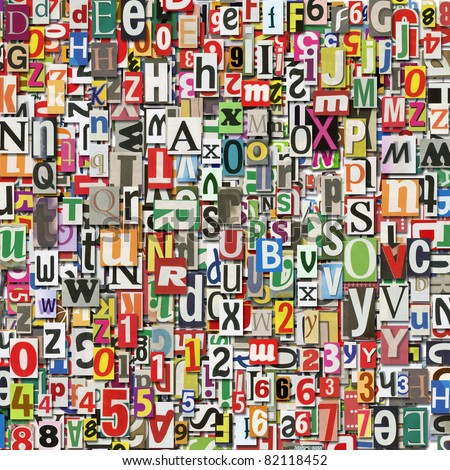How to learn vocabulary

Languages have a lot of words (and this is quite an understatement) and there's no way around it. Of course, if you're French and want to learn Italian you get 80% or more of the vocabulary for free, you just need to learn about different endings and false friends. Likewise, if you're German and want to learn English, vocabulary won't be your first concern. You'll be struggling a lot more with the tenses. But for Hebrew it's different. Vocabulary is an issue. I assume (from the statistics) that most readers of this blog come from Indoeuropean native languages. And thus we have no etymological connections, as for example speakers of Arabic would have. This makes learning vocabulary relatively difficult and as I wrote in an earlier blog one needs at least 3000 words just to get started.
My advice comes from personal experience and from reading lots of stuff about the brain and how it handles and stores languages:
I'll use five new words to explain
mekoulkal broken (adjective)
kachol blue (adjective)
meetz juice (noun)
al on, about (preposition)
linhog to drive (verb)
1.1. always learn words in small sentences of 3-5 words. Brains are highly connective organs, everything is interconnected, isolated items just do not exist and therefore it's much easier to remember things in context. And it's a buy one get three free situation: you get to train syntax, morphology and normal usage of the word at the same time.
1.2. make sure the new word you want to learn is the only new word in the sentence. It doesn't work well to learn two new words at the same time in the same context. The brain gets confused.
1.3. choose a sentence that is very typical for your new word, even boringly so. This will make it a lot easier to remember your new word. And most importantly it embeds the new word into the context of its own language. Your new word will be linked to more than just the word in your native language. You will no longer have to translate what you want to say word by word in your head before saying it. The connections in your brain will in time allow you to go over the wall.
That's why I link the new words to words I already know really well. And I link it to statements or situations that are very common. Ideally the new word also gets an unabiguous image (memrise is great in this respect)

Machshev sheli mekoulkal

Ha yam kachol

Meetz tapouchim bishvili bevakashah

Medabrim al politikah

Anee rotzah linhog le Haifa
2.1. Write flashcards or use programms like memrise (great especially because of the pictures you can use). Writing your own memrise lessons is by far the best way to learn vocabulary because the writing in itself is worth at least three repetitions.
2.1. only learn 5 new words at once. The brain does best with no more than 5 new items at a time. If you want to learn more than that in one day, space your groups of five by 3-4 hours. I've tried it and I can learn up to 25 words in one day if I respect the spacing. If I don't it's much less effective.
(for memrise lessons make sure you only pack 5 words into one level)
2.3. Accept that learning vocabulary ultimately is a lot of work and takes time and effort. It'st not necessarily difficult but it's quite a bit of work.
2.4. but it does get easier over time. The more words you know the more connections your brain will offer for more words. And once you've cracked morphology one new word will give you dozens more. I.e. you learn a new verb and you get all the past and present and future forms for free. Or you learn how to make composite nouns or how to derive nouns from verbs or vice versa.
example:
linhog = to drive, nahag = he drove,
nehag = driver (male), naheget = driver (female),
nahoug = driven
2.4. make sure you learn your words in both directions:
passive: from Hebrew to English. And active: from English to Hebrew
Memrise will automatically do this for you. When using flash cards you just turn them over. But you'll have to sit down and write your answers from time to time to reinforce your memory.
2.5. search for the pronunciation of your words online and listen and repeat really often. There are heaps of reources on the internet. Websites and blogs and dictionnaries and of course YouTube with beginners lessons and songs and whatever...
and if you still can't remember a word then and only then use superlearning methods
because they have a lot of drawbacks
I'll discuss those in the next post.
No comments:
Post a Comment